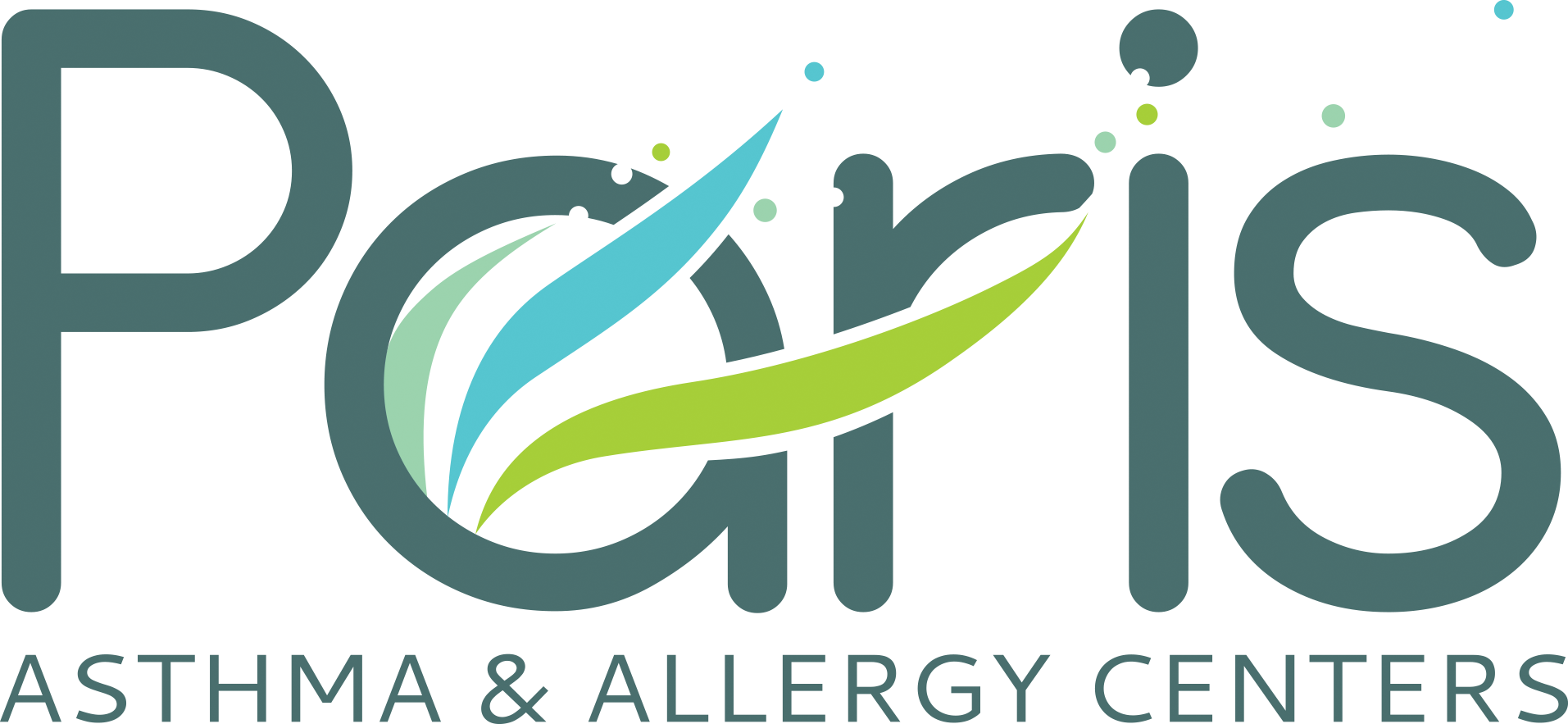
OCCUPATIONAL ASTHMA
Do you have wheezing, coughing or shortness of breath at work? If so, you could have occupational asthma.
Is your asthma caused by your work?
The answer to this question may be very difficult. It begins with you, yourself, answering many questions about your asthma and your work. For instance:
Did your asthma start when you changed jobs? Does your asthma improve when you are away from your job? Do you suspect anything at work is causing your problem? Is anything at work triggering your asthma?
If you have asthma, your physician should consider whether your asthma is related to an environmental exposure at your work by asking similar questions. Asthma caused by work is called occupational asthma. Asthma due to other causes (non-occupational asthma) also sometimes can be worsened by the workplace environment.
Proving it is occupational asthma
Some experts suspect that exposures in the workplace may be the cause of 5 percent to 10 percent of asthma, and occupational asthma can cause long-term problems. If work-related asthma is suspected, then that possibility should be evaluated. Your physician will need to ask you many questions about your asthma, your work and how they may be related.
Prepare yourself to answer these questions accurately. You should be able to describe your current and past jobs and whether/how they seem to relate to your asthma. You should be able to explain your job and job conditions exactly, including any exposure to fumes, gases, smoke, irritants, chemicals, potential allergens or excessive environmental conditions, such as heat, cold or dryness, as well as many manufacturing or processing conditions to which you are exposed.
Spray painting is one of the most common workplace hazards linked to occupational asthma, but there are hundreds of possible irritants or allergens that could cause your problem. You can usually obtain exact details of your potential work exposures from your work supervisor, who may give you Occupational Safety and Health Administration (OSHA) safety literature that describes potential work-related problems. Review and make available to your treating physician the Material Safety Data Sheets (MSDS) for all chemicals that you are exposed to at work (So far, about 250 potential causes of occupational asthma are known.)
Doctor may prescribe tests
Suspecting that you may have work-related asthma and knowing that you are exposed to a potential cause of asthma does not prove that you have occupational asthma. Don’t assume. Consult your physician. Working together, you and your physician will further need to prove whether your asthma is caused or worsened by your work, and if so, exactly how.
To do this, you must take notes on how your work seems to affect your asthma. Your physician may prove that you have work-related asthma through medical testing.
Proof may require medical examinations and testing at work and away from work. Further specific tests, such as challenge tests, which observe your body’s reaction when exposed to potentially problematic substances, or blood tests, may be necessary to prove the suspected occupational asthma and its cause. Any asthma evaluation must also consider non-occupational causes of asthma since these are more common and require different treatment.
Treating occupational asthma
Therapy for occupational asthma stresses avoiding whatever causes the asthma. This often means quitting the job or making changes in the workplace to avoid the cause. This is particularly difficult with occupational asthma, since having to leave your job or avoid certain types of work can greatly influence the quality of your life. In addition, trying to change the workplace to avoid causes of asthma often can be difficult and expensive.
In addition to the occupational triggers you and your allergist must deal with possible other non-occupational triggers of your asthma. Asthma specialists, such as allergists, occupational medicine specialists and lung specialists, may be best at helping you deal with potential occupational asthma.
Occupational asthma checklist
Remember, if you have trouble with wheezing, coughing or shortness of breath at work, you could have occupational asthma:
Consult your physician. He or she may suggest pulmonary function testing.
See your work supervisor for details about potential hazards in your work environment.
Have the tests and evaluation required to prove the suspected occupational asthma and its cause.
Seek your physician’s advice about therapy for occupational asthma.
